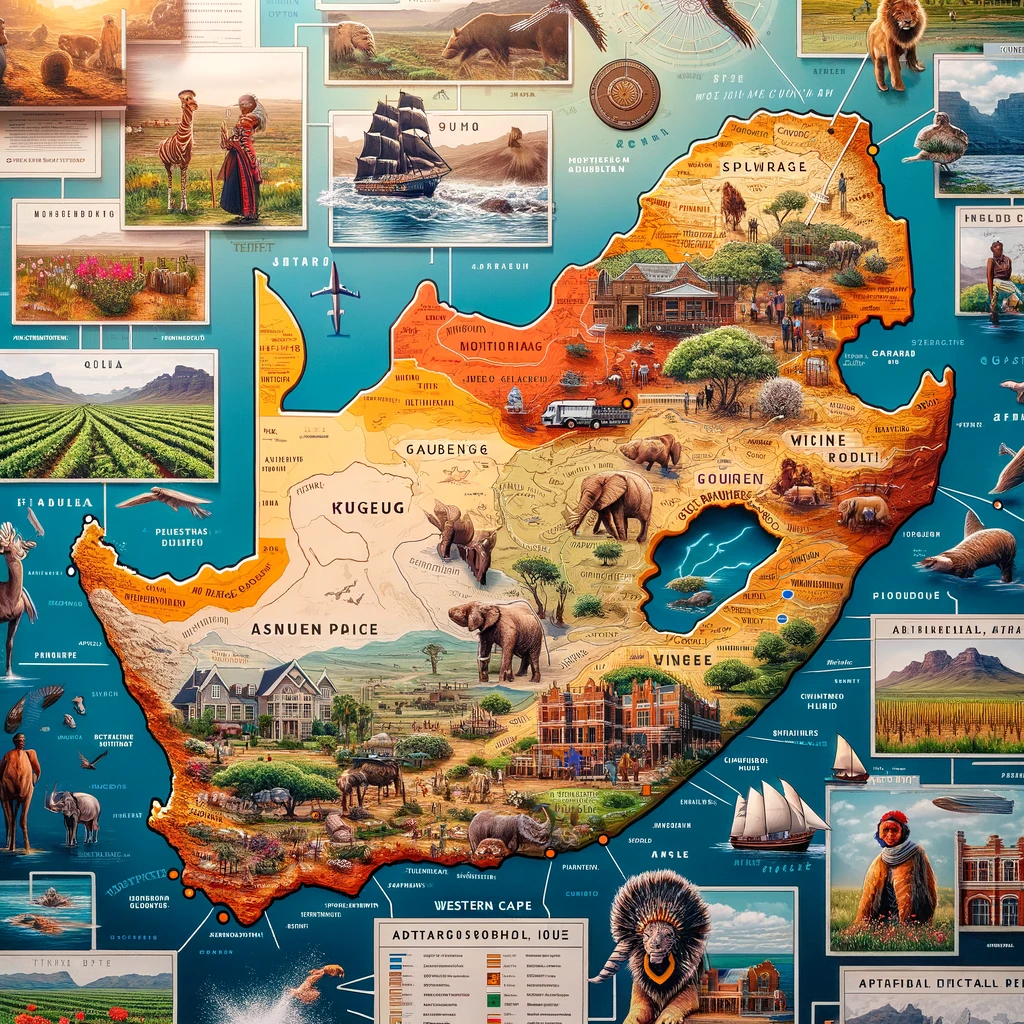
In South Africa, a significant legal battle is unfolding that encapsulates the complex interplay of politics, legal accountability, and historical grievances. Former President Jacob Zuma is embroiled in a contentious legal fight with the current President Cyril Ramaphosa. The crux of this dispute lies in a private prosecution initiated by Zuma against Ramaphosa, stemming from a leaked medical report. This report is allegedly connected to Zuma’s past involvement in an arms corruption scandal dating back to the 1990s.
The roots of this legal confrontation trace back to one of the most notorious scandals in South African history—the arms deal scandal. During the late 1990s, the South African government embarked on a massive arms acquisition project, which later became mired in allegations of widespread corruption and bribery. High-ranking officials were accused of receiving kickbacks in exchange for contracts to foreign arms manufacturers, and Jacob Zuma, who was then Deputy President, was among those implicated.
The scandal has cast a long shadow over South African politics, with legal ramifications and political fallout spanning decades. Jacob Zuma’s presidency (2009-2018) was continually marred by these allegations, contributing to his eventual resignation under a cloud of charges related to corruption and fraud. The leaked medical report in question purportedly offers insights into Zuma’s health during trials related to these arms deal charges, potentially affecting the legal proceedings and public perceptions.
Zuma’s move to initiate a private prosecution against Ramaphosa is not just a legal strategy but also a political maneuver. In South Africa, a private prosecution allows an individual or entity to prosecute another party when the National Prosecuting Authority (NPA) decides not to prosecute. It is a tool seldom used and is indicative of the deep personal and political rifts between the former and current presidents. The implications of this case extend beyond the individuals involved, reflecting on issues of transparency, the integrity of public office, and the lingering effects of past corruption on contemporary politics.
This legal battle is particularly significant given the stature of the individuals involved and the historical context of their dispute. It raises questions about the accountability of high-ranking officials and the mechanisms in place to address alleged injustices and corruption. For the public, this case reopens discussions about the arms deal scandal, serving as a litmus test for the country’s commitment to justice and the rule of law.
This confrontation between Zuma and Ramaphosa highlights the ongoing challenges within South Africa’s ruling party, the African National Congress (ANC), which has been struggling with divisions and factionalism. These internal conflicts are not only a reflection of personal rivalries but also indicate differing visions for the party’s and the country’s future.
The outcome of this legal battle will likely have a profound impact on South African politics, influencing public trust in political leaders and the judicial system. It also underscores the broader theme of how past misdeeds continue to influence present circumstances, making it a critical moment of reflection for governance and accountability in South Africa.
Detailed map of South Africa, enhanced with diagrams and photos. The map displays all provinces, major cities, and key geographical features, along with diagrams of regional economic activities and photos representing cultural elements. This educational map is suitable for classroom or informational displays, illustrating the diverse landscape and rich cultural heritage of South Africa.